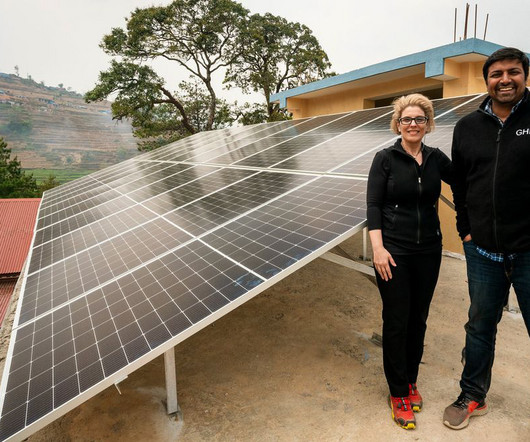GE Transportation expands locomotive diesel engine remanufacturing facility; demand increasing in part from compliance requirements for EPA Tier 3 standards
Green Car Congress
DECEMBER 28, 2011
GE Transportation, the world’s leading maker of rail, mining and transportation-related products, plans to establish a new production facility in Grove City, Pa. GE Transportation expects demand for remanufacturing services to increase significantly in coming years. and Fort Worth, Tx. Click to enlarge.










Let's personalize your content